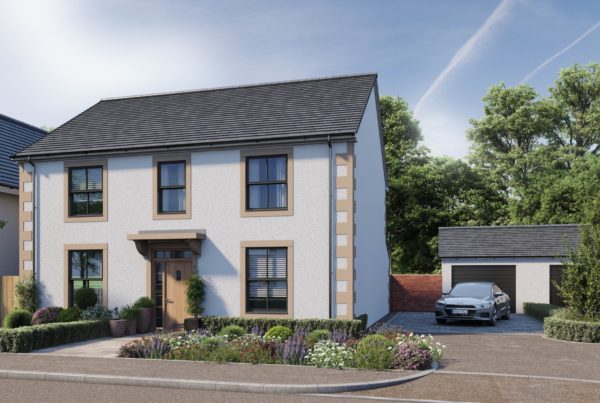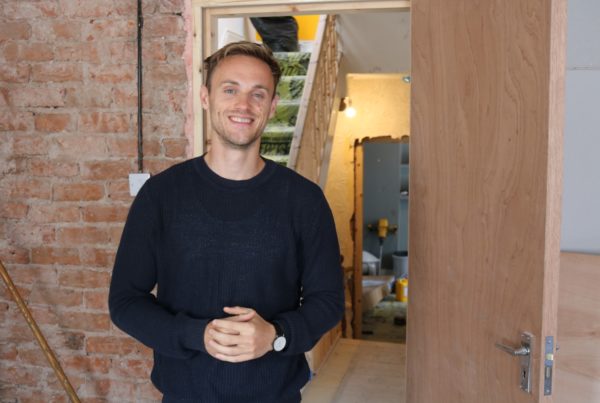When we talk about commercial property, we mean investing in bricks and mortar, that are used for business – or at least something other than a home to live in.
So, if it’s not residential then it’s commercial. And the types of properties that come under this category are many and varied. They include office space, retail outlets and industrial space, such as warehouses. Others include buildings in the leisure sector such as hotels, pubs and restaurants, as well as healthcare facilities such as nursing homes and even hospitals.
Government makes it easier to convert
Earlier this year the government introduced new planning laws which has made it easier than ever to change commercial buildings into residential homes. Instead of having to apply for full planning permission, it is now a case of ‘prior approval’, provided the homes meet space and natural light standards.
The idea behind the plan is to make use of empty retail units, restaurants and office space in town centres. The benefits would be two-fold, i.e. making high streets more attractive and providing more homes.
This was in addition to a new permitted development right, introduced in August last year, which gave the go-ahead for developers to knock down detached blocks of flats, offices and light industrial premises then replace them with residential apartments or a house.
Retailers becoming residential landlords
The impact of the pandemic has, of course, led to more high street stores, offices and restaurants becoming available. Even before coronavirus, huge High Street retailers were already struggling with the popularity of online sales – John Lewis and Debenhams being two of the well-known casualties. The former is considering turning former stores into residential apartments. And it’s not as if the plan is without a precedent – the former House of Fraser in Aberdeen, is now home to 34 apartments.
And the public sector is getting in on the act too. In May this year the City of London said they intended to build 1500 new homes from offices which were left empty following the pandemic.
Real estate investment firm CBRE predict that office space capital values in the UK will fall by 4.3% this year. Last year they fell 6.3%. This makes it a buyers’ market, particularly when residential property is selling so well.
But of course, in buying a commercial property you may want it to remain that way, i.e. as a commercial venture. Distribution warehouses are incredibly popular these days, thanks to e-commerce. In fact, trade in this sector has grown from £58 billion in 2019 to £84 billion last year, according to a report by CBRE UK. Another big sought-after commercial area is high-tech and laboratory space.
Commercial mortgages
A mortgage for a commercial venture tends to have higher interest rates than a residential mortgage. Another difference is that it is capital repayment rather than on an interest-only basis, i.e. buy to let mortgages. The lease on a commercial premise tends to be anything from 5 to 15 years.
Our team at Sourced, have a vast knowledge and experience in commercial properties and have helped many franchisees to build a profitable commercial portfolio. One recent commercial investment, initially funded by our peer to peer funding platform, Sourced Capital, was a retro sports bar in Burnley.
Our comprehensive training programme includes training courses about commercial properties, and our expert support people are always on hand to discuss the opportunities and risks or buying or converting a commercial property. To find out more on how to succeed in property, download our franchise prospectus.



